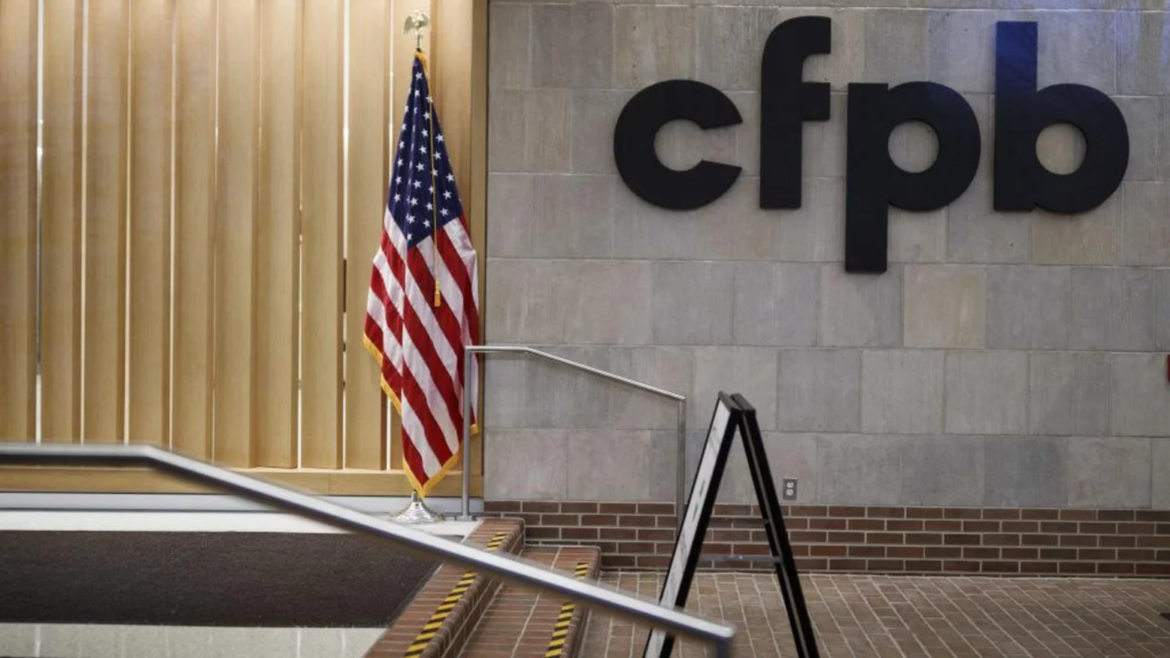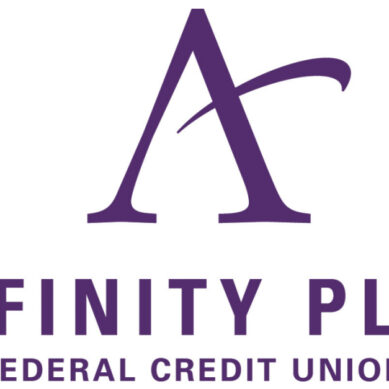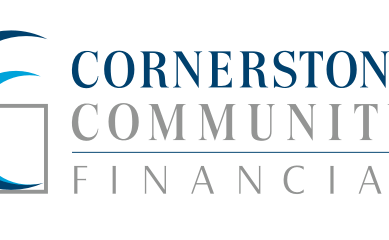Earlier last month, the Consumer Financial Protection Bureau (CFPB) announced its final credit card late fee rule, which prevents financial institutions with over one million open accounts from charging more than $8 in credit card late fees. The move, backed by the Biden Administration, was the most recent attempt to limit supposed “junk fees,” such as overdraft fees, which the administration argues conceals the true price of goods and services.
The reception to the rule was anything but welcome, with the CFPB receiving over 57,900 responses from trade associations, financial institutions, and bankers alike who shared their disapproval of the ruling. However, the Biden Administration chalks this pushback up to corporate greed, noting that these supposed junk fees make credit card companies nearly $20 billion in profit a year.
However, many of the complaints came from credit unions, credit union trade groups, and community banks, who claimed that the fee would do little more than decrease competition and limit access to these services. Jim Nussle, President and CEO of America’s Credit Unions, spoke out against the ruling at the time.
“The bureau is racing toward a future with fewer choices, greater homogenization, and limited access for at-risk consumers,” Nussle said. “This rule is yet another death blow in the CFPB’s latest trend of dismantling real protections and stifling access to the competitive and safe services that credit unions provide.”
Shortly after the rule was announced, trade groups filed a request with the Fifth District Court of Appeals in Fort Worth, Texas to halt the implementation of the late fee rule. More than likely, this particular court was chosen due to its history of siding against the CFPB. It was this exact court that ruled the funding mechanism for the CFPB—which is not subjected to the same appropriations clause as other government institutions—was unconstitutional.
However, if these trade groups were seeking an ally in the Texas courts, they did not succeed. The first judge they submitted the request to, Judge Mark T. Pittman, rejected it, questioning why the request was being filed in Texas at all when there were very few ties to the state. In response, the CFPB and the Biden Administration requested the appeal be sent back to the D.C. Courts.
In the request, the defendants argued against the logic of holding the case in Texas, citing the lack of connection to the venue. “But the Fort Worth Chamber has not identified among its members a single large card issuer subject to the rule that resides in Fort Worth—and, indeed, it does not appear that any affected card issuer (member or not) is based here,” the reply stated. “It would be more convenient to resolve this case in the district where the bureau promulgated the regulation, and where the majority of the litigants—three of the Plaintiffs and all Defendants—and nearly all the attorneys reside.”
As of last week, Judge Pittman approved the request issued and has filed for the suit to be sent back to D.C., stating, “This case does not belong in the Northern District of Texas and certainly not in the Fort Worth Division. Venue is not a continental breakfast; you cannot pick and choose on a plaintiffs’ whim where and how a lawsuit is filed.”
Furthermore, Judge Pittman agreed with the request that it made the most sense and would be more convenient for everyone to have D.C. be the venue.
“A review of the record shows there are ten attorneys spanning five different firms or organizations representing the various Parties in this case. Of the ten, eight list their offices in the District of Columbia.” He continued on to say, “Notably, Plaintiffs do not identify any substantial or practical issues with this case being held in Washington D.C.”
While this ruling does not shed any light on which way the final decision to halt the credit card late fee will fall, it does come as a blow to financial institutions and trade groups hoping to get a leg up in the battle by choosing a favorable location. But it seems, for now, the fight on supposed “junk fees” will continue in Washington D.C.






























































